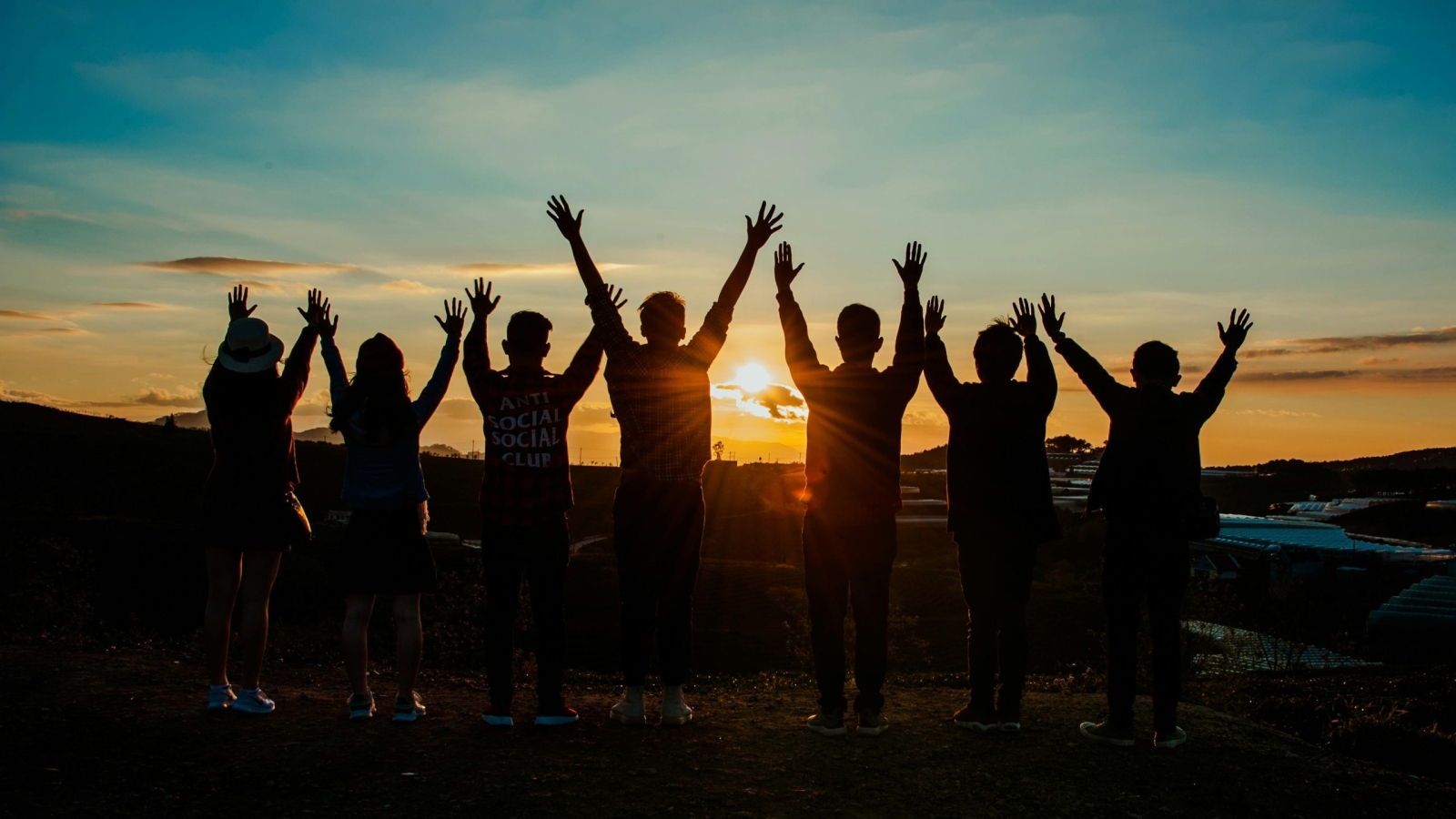Field trips aren’t just about academic learning—they’re also a prime opportunity to foster social skills and teach students the importance of teamwork. Through group activities and collaborative tasks, field trips encourage students to work together, communicate effectively, and navigate challenges as a team. In this post, we’ll look at how school trips help students develop these essential interpersonal skills and why teamwork is such a valuable part of the field trip experience.
Why Social Skills Matter in Education
Social skills play a key role in education, shaping students into well-rounded individuals prepared to work and collaborate in diverse settings. Field trips create an ideal environment for students to build these skills by encouraging them to step out of their comfort zones and interact with classmates in new ways. Working with others on group tasks or exploring new environments together fosters patience, empathy, and adaptability—all critical for their future social and professional lives.
How Field Trips Encourage Teamwork and Social Interaction
On a field trip, students often encounter situations that require them to collaborate and communicate effectively. Here are some ways field trips encourage teamwork and develop social skills:
- Cooperative Problem-Solving: Many field trip locations offer group activities, such as scavenger hunts or team challenges, that require students to work together to achieve a common goal. By brainstorming, dividing tasks, and listening to each other’s ideas, students learn the value of teamwork and the importance of diverse perspectives.
- Peer Learning: Field trips create opportunities for peer-to-peer learning, where students can share knowledge and help each other understand new concepts. For example, on a trip to a historical site, students may divide into groups to research different aspects of the location and share their findings with the class, enhancing communication and confidence.
- Role Assignments: Assigning students roles in group activities, such as note-taker, photographer, or group leader, helps each student take responsibility and contribute to the group’s success. These roles teach accountability and allow students to develop leadership qualities.
Activities That Build Social Skills on Field Trips
To maximize the social benefits of a field trip, teachers can incorporate activities that promote teamwork, communication, and empathy. Here are a few ideas:
- Group Scavenger Hunts
- Purpose: These scavenger hunts require students to work as a team, dividing tasks and sharing ideas to find the items or answers on their list. This helps students practice cooperation and communication skills.
- Interactive Group Discussions
- Purpose: After each part of the trip, encourage students to share their thoughts and reflections with their group. This fosters active listening, empathy, and respect for differing perspectives.
- Team-Building Challenges
- Purpose: Some locations, such as outdoor adventure centers, offer structured team-building activities. These can include obstacle courses, problem-solving puzzles, or collaborative art projects that emphasize working together toward a common goal.
- Journaling and Reflection
- Purpose: Have students write about what they learned from their classmates or the group dynamics of the trip. Reflecting on social interactions helps them process their experiences and recognize the value of teamwork.
Tips for Teachers: Maximizing Social Learning on Field Trips
To ensure students make the most of their social interactions, teachers can use these strategies:
- Set Group Norms: Before the trip, establish norms for respectful communication, active listening, and cooperation. Reinforce the importance of being inclusive and open to others’ ideas.
- Encourage Collaboration, Not Competition: Focus on group activities that promote collaboration rather than competition. Emphasize that the goal is to work together rather than win or outperform others.
- Reflect and Discuss After the Trip: Once back in the classroom, hold a group discussion where students can share what they learned about teamwork. This reflection helps reinforce the value of social skills and allows students to celebrate their accomplishments as a team.
The Lasting Impact of Teamwork on Field Trips
Field trips give students the opportunity to practice the essential skills of teamwork, communication, and adaptability. These experiences often have a lasting impact, helping students carry the lessons of collaboration and empathy into their everyday lives. By participating in group activities, listening to classmates, and working toward common goals, students gain more than just academic knowledge—they develop the social skills that will support them in all areas of life.


Leave A Comment